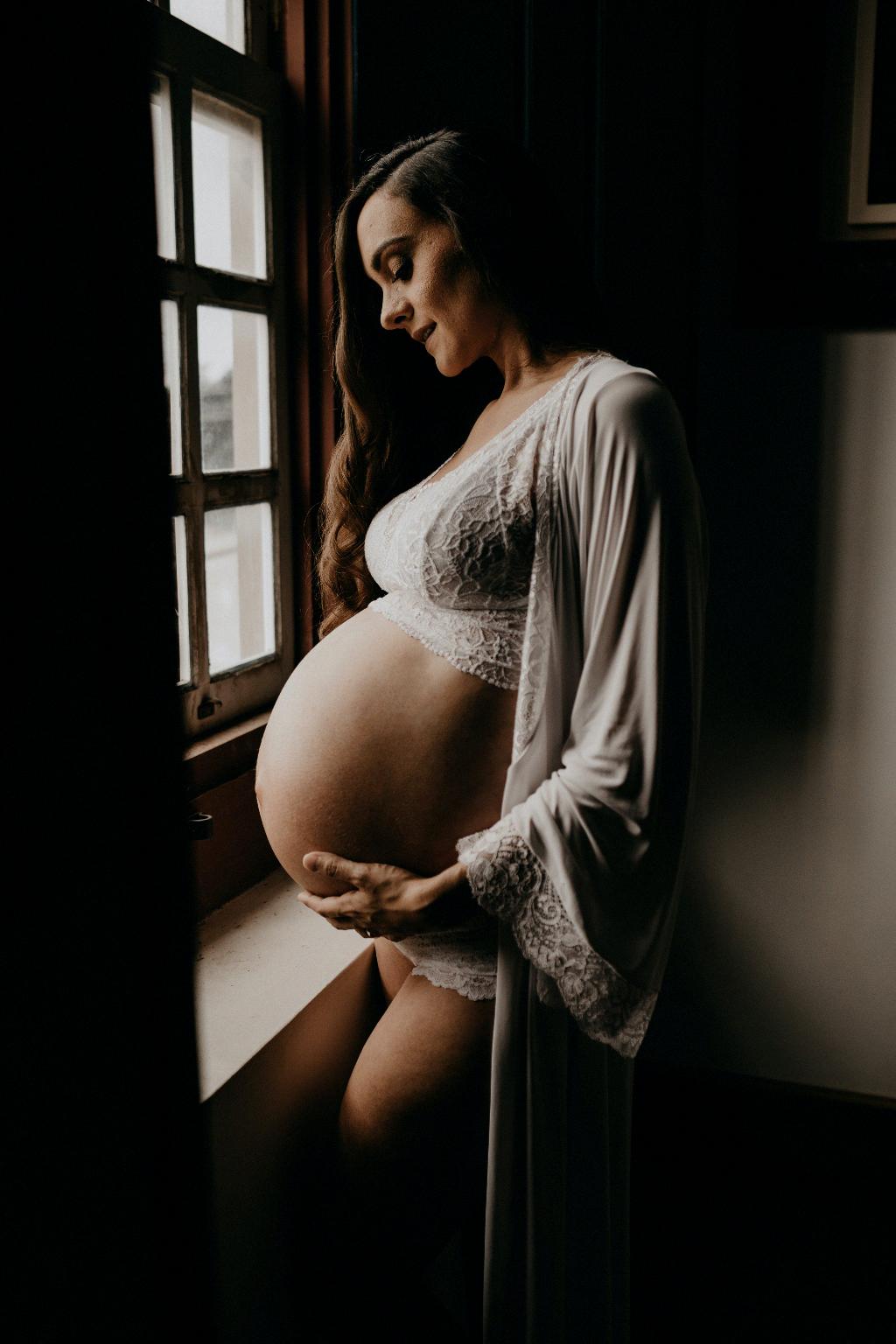When it comes to fertility and the use of supplements like myo-inositol, many individuals are eager to find answers to the question: How long should I take myo-inositol to get pregnant? Myo-inositol is a naturally occurring compound that is a part of the vitamin B family, and it has gained popularity for its potential benefits in supporting reproductive health.
What Research Says
Research on the effectiveness of myo-inositol in improving fertility outcomes is ongoing, but there have been promising findings. Studies have shown that myo-inositol supplementation, particularly when paired with d-chiro-inositol, can have positive effects on reproductive health, especially in women with conditions like polycystic ovary syndrome (PCOS).
Personalized Approach
It’s important to note that the length of time it takes for myo-inositol to have an impact on fertility can vary from person to person. Factors such as overall health, underlying conditions, and lifestyle choices can all play a role in how quickly the supplement may start to show benefits.
Patience and Consistency
When incorporating myo-inositol into your fertility journey, it’s essential to approach it with patience and consistency. While some individuals may experience positive results within a few months of starting supplementation, others may need to wait longer to see significant changes.
Consultation with a Healthcare Provider
Before starting any new supplement regimen, especially if you are actively trying to conceive, it’s crucial to consult with a healthcare provider. They can provide personalized guidance based on your specific health situation and help you determine the appropriate dosage and duration of myo-inositol use.
Monitoring Progress
As you start taking myo-inositol to support your fertility goals, monitoring your progress is key. Keeping track of your menstrual cycles, ovulation patterns, and any changes in reproductive health symptoms can help you and your healthcare provider assess the effectiveness of the supplement.
Positive Lifestyle Changes
Alongside taking myo-inositol, making positive lifestyle changes can further support your fertility journey. Maintaining a healthy diet, engaging in regular physical activity, managing stress levels, and getting adequate sleep are all factors that can impact reproductive health.
Realistic Expectations
It’s important to set realistic expectations when it comes to using myo-inositol for fertility. While the supplement has shown promising results in clinical studies, individual responses can vary, and it may not be a quick fix for everyone. Being patient and consistent is key.
Seeking Support
Dealing with fertility challenges can be emotionally and mentally taxing, so seeking support from loved ones, fertility support groups, or mental health professionals can be beneficial. Having a strong support system can help you navigate the ups and downs of the fertility journey.
Continued Communication
Throughout your myo-inositol supplementation journey, maintaining open communication with your healthcare provider is essential. Updating them on any changes or concerns you may have, and following up regularly can ensure that you are receiving the best possible guidance and care.
Conclusion
In conclusion, the question of how long you should take myo-inositol to get pregnant does not have a definitive answer. It is a process that is individualized and may take time to yield significant results. By approaching supplementation with patience, consistency, and the guidance of healthcare professionals, you can support your fertility goals effectively.

